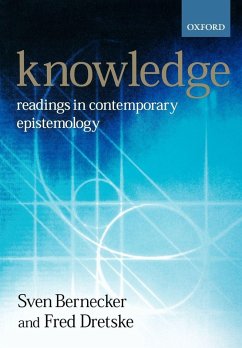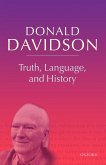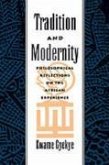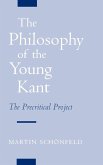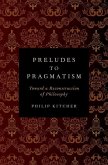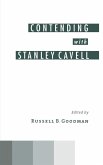In this anthology, distinguished editors Sven Bernecker and Fred Dretske offer the most comprehensive review available of contemporary epistemology. They bring together the most important and influential writings in the field, including selections that cover frequently neglected topics such as dominant responses to skepticism, introspection, memory, and testimony. Knowledge is divided into fifteen subject areas and includes forty-one readings by eminent contributors. An accessible introduction to each subject area outlines the problems discussed in the essays that follow so that students can focus on analyzing them.
Epistemology, or the theory of knowledge, is concerned with how we know what we do and what justifies us in believing what we do. The philosophical literature in epistemology has mushroomed in the past four decades, and interest in the topic continues to be widespread. In this anthology, Fred Dretske and Sven Bernecker have collected the most important and influential writings in epistemology. It provides the fullest review to date of contemporary epistemology,
including frequently neglected topics such as dominant responses to scepticism, introspection, memory, and testimony.
Forty-one readings are organized into fifteen subject areas that are key to a broad understanding of contemporary theory of knowledge. A readable introduction to each subject outlines the problems discussed in the essays that follow so readers can more effectively focus on analysing them. The book is primarily designed for undergraduate courses on theories of knowledge. It will also be of use to university students in other fields as well as interested general readers.
Epistemology, or the theory of knowledge, is concerned with how we know what we do and what justifies us in believing what we do. The philosophical literature in epistemology has mushroomed in the past four decades, and interest in the topic continues to be widespread. In this anthology, Fred Dretske and Sven Bernecker have collected the most important and influential writings in epistemology. It provides the fullest review to date of contemporary epistemology,
including frequently neglected topics such as dominant responses to scepticism, introspection, memory, and testimony.
Forty-one readings are organized into fifteen subject areas that are key to a broad understanding of contemporary theory of knowledge. A readable introduction to each subject outlines the problems discussed in the essays that follow so readers can more effectively focus on analysing them. The book is primarily designed for undergraduate courses on theories of knowledge. It will also be of use to university students in other fields as well as interested general readers.

